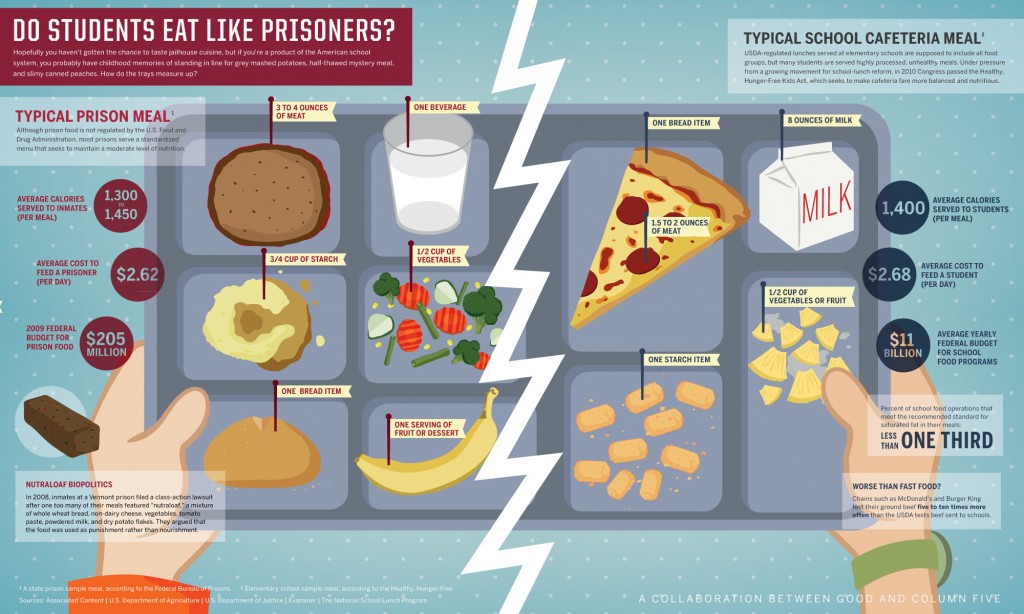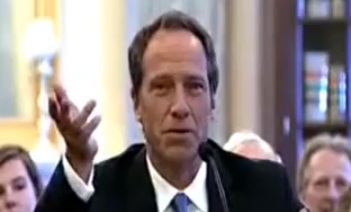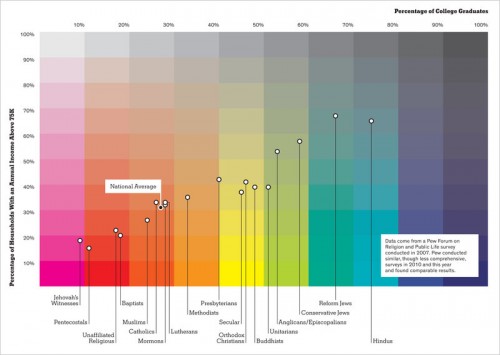Philip Cohen posted some interesting data at his blog, Family Inequality, that I think will look at first blush, counterintuitive to many. The figure below shows the percent of men’s income that women bring home, organized by age bracket and level of education. The top bar, for example, tell us that, among 45-50 year olds with advanced degrees, women make 68% of what men do.
Two observations:
First, notice that women with more education (the lighter bars in each age bracket) do worse compared to men than women with less education. That is, the gender inequity is worse in the upper classes than it is in the lower classes. Why? Well, people tend to marry other with similar class and education backgrounds. Accordingly, women with more education may be married to men with higher earning potential than women with less education. Those women are more able to make work-related choices that don’t foreground economics, since their income is less central to the financial health of the couple. They are also more likely to take substantial amounts of time out of the workforce when they have kids (working class women can’t afford to do so as easily), and we know that doing so makes a real dent in career advancement. So, perhaps ironically, women who are “richer” educationally may marry economically richer men who then allow them to deprioritize their careers.
Second, notice that the most equal incomes (where women make 85% of men’s salaries) occurs among the youngest and least educated group: 25-34 year old high school drop outs. Why would younger women do better relative to men than older women? Some of this may be due to a decrease in gender-based discrimination. But it also likely has something to do with the devaluation and disappearance of traditionally working-class men’s work. Most of the narrowing of the gender wage gap, in fact, has to do with the lowering of men’s earning power to meet women’s, not vice versa. As the industrial base in the U.S. has been collapsing, the number of historically-male blue collar jobs have been shrinking. Meanwhile, our industrial economy has been replaced by one split between (well compensated) information/technology and (poorly compensated) service jobs. Those service jobs are going disproportionately to women. So, while men still dominate (especially the most well-regarded and well-compensated) upper class professions, their dominance in the lower rungs of the economic ladder is waning.
Thanks again to Philip Cohen for the data!
Lisa Wade, PhD is an Associate Professor at Tulane University. She is the author of American Hookup, a book about college sexual culture; a textbook about gender; and a forthcoming introductory text: Terrible Magnificent Sociology. You can follow her on Twitter and Instagram.










